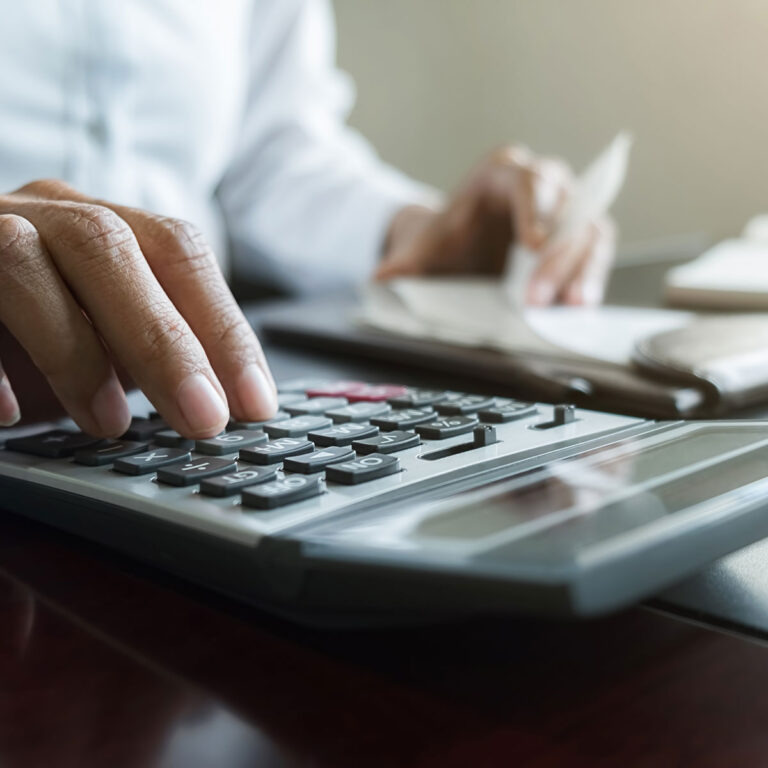An unrealistic business valuation is one of the most common mistakes business owners make. Every business owner who decides to sell has a price that they want from the sale, but unfortunately, that price often has very little to do with what can actually be achieved. An unrealistic valuation can derail the entire sales process, so it’s important to correct this mistake early in the sales process.
Harming the potential sale
Overpricing is the big mistake business owners make when selling their business. An unjustified price locks out people in your price range, and buyers who can afford the high asking price will look at the detailed numbers and see that the business isn’t worth it. This can mean your business will sit on the market and grow stale, pushing the price down anyway, possibly below the original fair price.
The best advice for sellers is not to be greedy. The best offer will come from being realistic in your expectations. In the end, it may be better if you’re a little less aggressive in your pricing and actually sell than going big and having to take the business off the market due to lack of interest.
Value is not determined by what you think it’s worth
Business owners need to remember that, as in every sale, a business is only worth what someone will pay for it. Unfortunately, owners tend to be biased about the value of their business. An Australian study showed that 21 percent of business owners valued their business between 10 and 25 percent higher than the fair market value, and that figure would likely be similar in New Zealand.
It’s easy to become emotional about your business. You’ve built it up from the ground. You’ve probably put a lot of blood, sweat and tears into its growth. When the time comes to sell, you may want to include the value of all that time and effort in the valuation. Unfortunately, buyers aren’t going to pay for that.
The other bias of owners is their wants or needs. If you need a certain number to be able to retire happily, recoup your costs or pay down debts, that influences how you see the value of your business. But, again, this number means nothing to the buyer. They’re only interested in the actual fair value.
How do you value your business?
Buyers want to know what the business is earning and what it will continue to earn. In the end, that’s all that matters. A business with good cash flow and a diverse client base in a growing industry is worth more than a business with little profit or one that relies on a single client. Businesses in shrinking industries are also not worth much, as was seen in the video rental industry.
Additionally, a buyer won’t pay for the unrealised potential of the business. It may interest them, but they’re the ones who need to put in the capital and effort to realise any potential, so they won’t include it in their valuation of the business.
A realistic valuation
Unbiased advice is essential in getting a realistic valuation of your business. A business broker is a good place to start. They understand how valuations are calculated in a variety of industries and know which factors and variables may increase or decrease the base valuation. LINK business brokers may also be able to offer advice on work you can undertake on your business in order to increase its value.
Having an unrealistic valuation can be a costly mistake, but it’s easily avoided by examining your own biases and listening to objective advice. With a realistic price in mind, you can move forward in the sales process with confidence, knowing that you’re not going to lock out buyers or drive them away.

